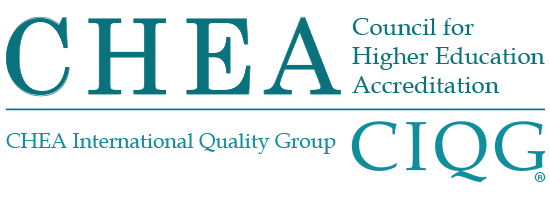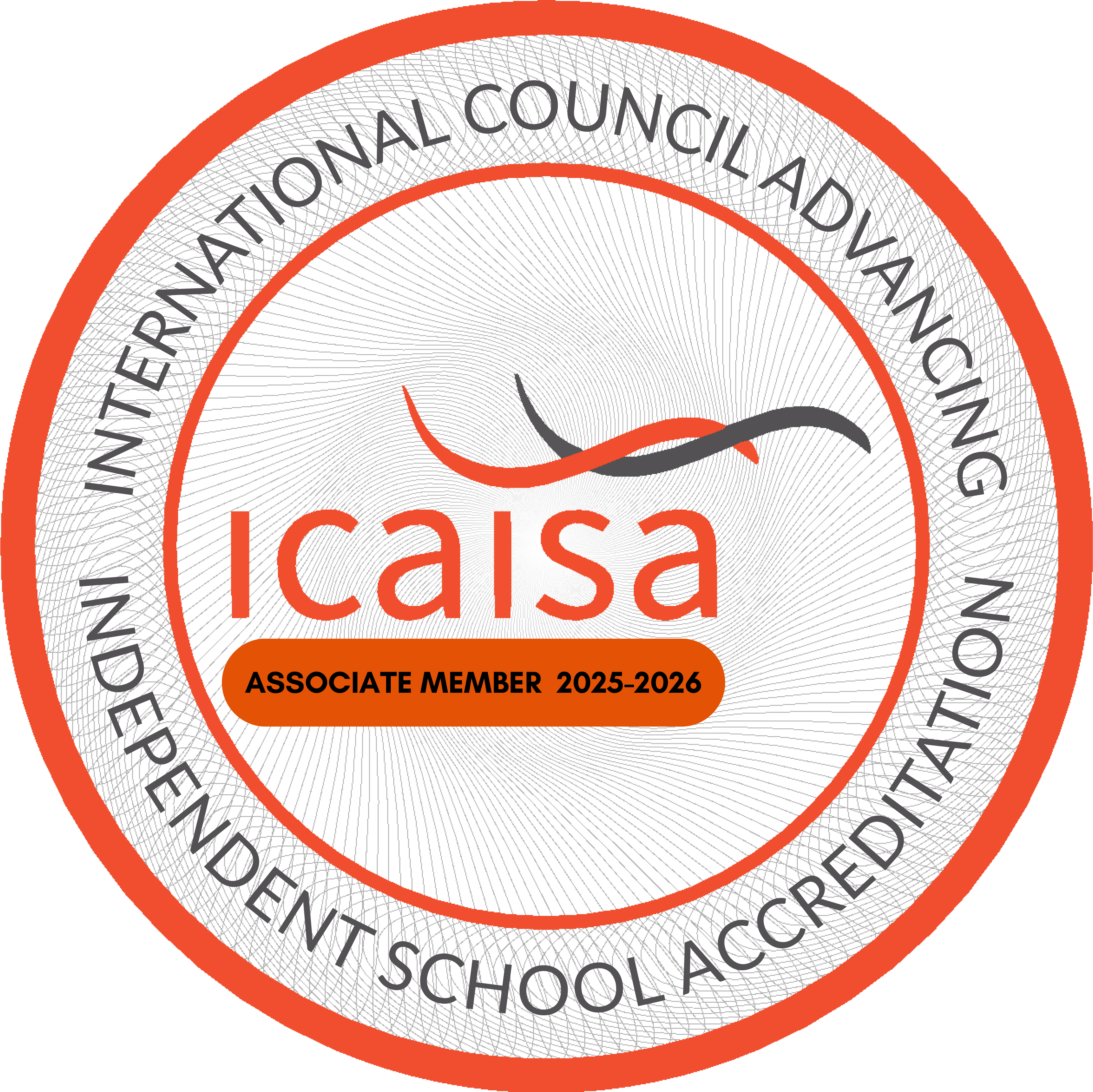MAIN DOCUMENTS OF THE BOLOGNA PROCESS
The Magna Carta of Universities is a document that was originally signed by 388 rectors and university leaders from across Europe and beyond on 18 September 1988, the 900th anniversary of the University of Bologna.
It contains the principles of academic freedom and institutional autonomy as a guide for the proper governance of universities.
Resource: http://www.aic.lv/bolona/Bologna/maindoc/magna_carta_univ_.pdf
Short version: The Magna Carta of Universities
Website: www.magna-charta.org
The Sorbonne Declaration was signed in 1998 by the ministers of four countries: France, Germany, Great Britain and Italy. The aim of the Declaration was to create a common system within the European Higher Education Area, where mobility should be encouraged for both students and graduates, as well as for teaching staff. It should also provide professional development in the labor market.
Resource: The Sorbonne Declaration
Short version: The Sorbonne Declaration (1998)
Website: www.ehea.info
The goals of the Sorbonne Declaration were confirmed in 1999 by the Bologna Declaration, in which 29 countries expressed their readiness to commit themselves to improving the competitiveness of the European Higher Education Area, emphasizing the need to further strengthen the independence and autonomy of all higher education institutions. All the provisions of the Bologna Declaration were formulated as measures of a voluntary harmonization process, and not as provisions of a binding treaty.
Resource: The Bologna Declaration (1999)
Short version: The Bologna Declaration (1999)
Website: www.ehea.info
Two years after the signing of the Bologna Declaration and three years after the Sorbonne Declaration, the European ministers responsible for higher education, representing the 32 signatories, met in Prague to review the progress made and set directions and priorities for the coming years.
The Ministers reaffirmed their commitment to the goal of establishing a European Higher Education Area by 2010. The choice of Prague to host this meeting is a symbol of their will to involve the whole of Europe in this process in the light of the enlargement of the European Union.
Resource: Ministerial Communique (Prague, 2001)
Short version: Ministerial Communique (Prague, 2001)
Website: www.ehea.info
On 19 September 2003, ministers from 33 European countries responsible for higher education met in Berlin to review the progress made and set priorities and new goals for the coming years with a view to accelerating the implementation of the European Higher Education Area.
Resource: Ministerial Communique (Berlin, 2003)
Short version: Ministerial Communique (Berlin, 2003)
Website: www.ehea.info
Bucharest Declaration on Ethical Values and Principles of Higher Education in the European Region
The Bucharest Declaration on ethical values and principles of higher education in the Europe region
2-5 September 2004, Bucharest, Romania.
Resource: https://www.google.ru/Bucharest+Declaration+2004+information
Short version: Bucharest Declaration (2004)
European Higher Education Area-Achieving the set goals.
Communique of the Conference of European Ministers Responsible for Higher Education, Bergen, 19-20 May 2005.
Resource: Ministerial communique (Bergen, 2005)
Short version: Ministerial communique (Bergen, 2005)
Website: www.ehea.info
London Communique of Ministers of Higher Education "Towards a European Higher Education Area: Responding to the challenges of a globalized World" (London, 18 May 2007)
Conference of European Higher Education Ministers (London, 17–18 May 2007)
London, 18 May 2007
Resource:Ministerial Communique (London, 2007)
Short version: Ministerial Communique (London, 2007)
Website: www.ehea.info
On 28 and 29 April 2009, the ministers responsible for higher education in the 46 countries of the Bologna Process met in Leuven and Louvain-la-Neuve to determine the priorities of the European Higher Education Area until 2020. They stressed, in particular, the importance of lifelong learning, increased access to higher education and mobility. By 2020, at least 20% of graduates of the European Higher Education Area should have completed training or internships abroad.
Ресурс: Ministerial Communique (Leuven, 2009)
Short version: Ministerial Communique (Leuven, 2009)
Website: www.ehea.info
On March 12, 2010, the Ministers of the 47 countries participating in the Bologna Process adopted the Budapest-Vienna Declaration and officially launched the European Higher Education Area.
The Conference of Ministers of the European Higher Education Area was followed by a meeting with ministers from different parts of the world within the framework of the Second Bologna Policy Forum on the theme "Building a Global Knowledge Society: Systemic and institutional Changes in Higher Education", which ended with a Statement by the Vienna Bologna Policy Forum.
Resource: Budapest-Vienna Declaration (2010)
Short version: Budapest-Vienna Declaration (2010)
Website: www.ehea.info
На The 2012 Bucharest Ministerial Conference brought together 47 ministerial delegations from the European Higher Education Area, the European Commission, as well as the Bologna Process consultative members and the Bologna Group partners. The meeting provided an opportunity to take stock of the progress of the Bologna process and outline key policy issues for the future. The EHEA ministers jointly adopted the Bucharest Ministerial Communique, committing themselves to advancing the Bologna Goals until 2020.
Resource: Bucharest Communique (2012)
Short version: Bucharest Communique (2012)
The events at the ministerial level were attended by 47 delegations from the EHEA, the European Commission, as well as the consultative members and partners of the Bologna process. As a result of 16 years of intensive work, the EHEA has become a reality and proved that in this globalized and competitive environment, education is the key to the sustainable development of European societies.
Among other issues, the 2015 Ministerial Conference in Yerevan attempted to identify the best ways to strengthen the Bologna Process in the future and beyond 2020, while at the same time strengthening the dialogue within and outside the European Higher Education Area.
Resource: Ministerial Communique (Yerevan, 2015)
Short version: Ministerial Communique (Yerevan, 2015)
Website: ehea.info
This ministerial conference was held in Paris on 24-25 May 2018. It was open to the delegations of the European Higher Education Area (EHEA) and included a Forum on the Bologna Policy, which provided an opportunity to continue the dialogue between the countries that are and are not members of the EHEA.
Rome ministrerial communique was held online on 19 November 2020 to celebrate the achievements of the 21 years since the signing of the Bologna Declaration. The Ministers reaffirmed the commitment to developing a more inclusive, innovative, interconnected and resilient European Higher Education Area (EHEA) by 2030. The Ministers adopted three appendices: a statement on academic freedom, principles and guidelines on the social dimension of higher education, and recommendations for the engancement of higher education learning and teaching. They also welcomed San Marino as the 49th member of the EHEA.
Website: ehea2020rome.it






 Ministry of Science, Higher Education and Innovation of the Kyrgyz Republic
Ministry of Science, Higher Education and Innovation of the Kyrgyz Republic





